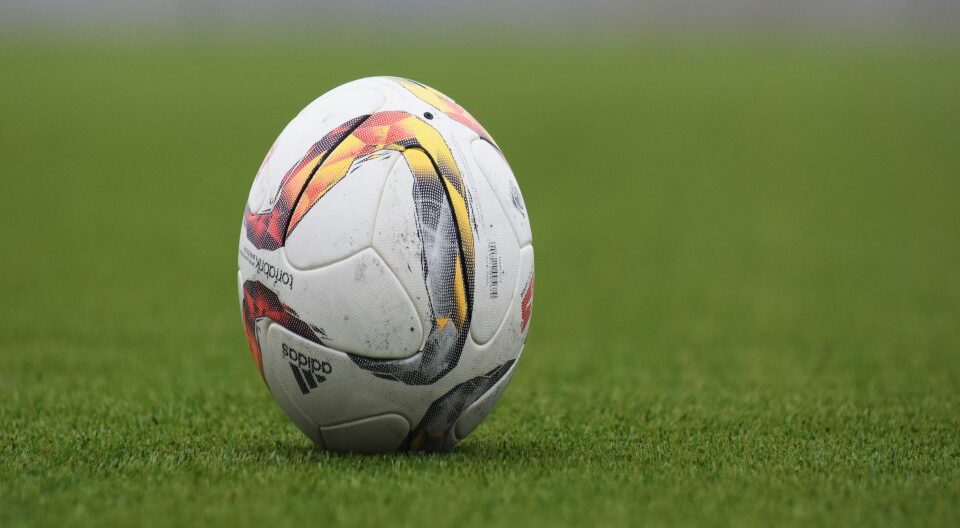Make Sports

Sports play a vital role in shaping individuals and societies, contributing to physical health, mental well-being, and social development. It is not just about physical activity; sports teach valuable life skills and foster a sense of unity and purpose.
Eduequal.org will teach sports as part of its comprehensive educational approach for several impactful reasons. Sports play a vital role in the holistic development of young people, helping them grow physically, mentally, and socially. Here’s why sports education is important and aligned with Eduequal.org’s mission:
1. Promoting Physical Health and Well-being
- Sports encourage physical activity, which is essential for maintaining good health. It helps:
- Reduce the risk of diseases such as obesity, diabetes, and heart conditions.
- Build strength, stamina, and coordination in children and youth.
- Teaching sports instills habits of fitness and self-care that last a lifetime.
2. Developing Life Skills
- Sports teach important life skills such as:
- Teamwork – Working together toward a common goal.
- Discipline – Following rules, maintaining routines, and staying committed.
- Leadership – Taking initiative and guiding others.
- Resilience – Overcoming challenges, learning from failure, and persisting.
These skills empower young people to face life’s challenges and contribute positively to their communities.
3. Enhancing Mental Health
- Physical activity through sports has been proven to reduce stress, anxiety, and depression.
- Sports offer an outlet for students to channel their energy, relieve tension, and stay motivated.
- Participation in sports promotes confidence, focus, and self-esteem.
4. Building Community and Inclusivity
- Sports bring people together, fostering a sense of community, unity, and inclusion.
- In rural and underserved areas, teaching sports can provide a safe space for youth to connect, share experiences, and build friendships.
- Sports encourage gender equality by providing equal opportunities for boys and girls to play, learn, and grow.
5. Enhancing Academic Performance
- Research has shown that physical activity improves concentration, memory, and cognitive function, which are vital for academic success.
- Students involved in sports often perform better in school due to improved focus and reduced stress.
6. Providing Alternative Career Opportunities
- Teaching sports exposes youth to potential careers as:
- Athletes
- Coaches
- Sports managers
- Physical trainers
- It allows talented individuals to pursue scholarships, competitions, and careers in sports-related fields.
7. Keeping Youth Away from Negative Influences
- Sports programs provide structured activities that keep youth engaged, productive, and motivated.
- This reduces the chances of falling into negative behaviors, such as substance abuse or crime.
8. Encouraging Fun and Balance
- Education is not only about academics; sports ensure that students develop a balanced lifestyle where fun, play, and growth coexist.
- By participating in sports, students experience joy and a sense of accomplishment, improving their overall well-being.
Conclusion
Eduequal.org will teach sports to promote a healthy, balanced, and empowered lifestyle for children and youth in rural areas. Sports go beyond physical fitness; they develop essential life skills, foster inclusion, and open new opportunities. By integrating sports education, Eduequal.org equips young people to thrive physically, mentally, and socially, preparing them to become strong leaders and active contributors to their communities.
